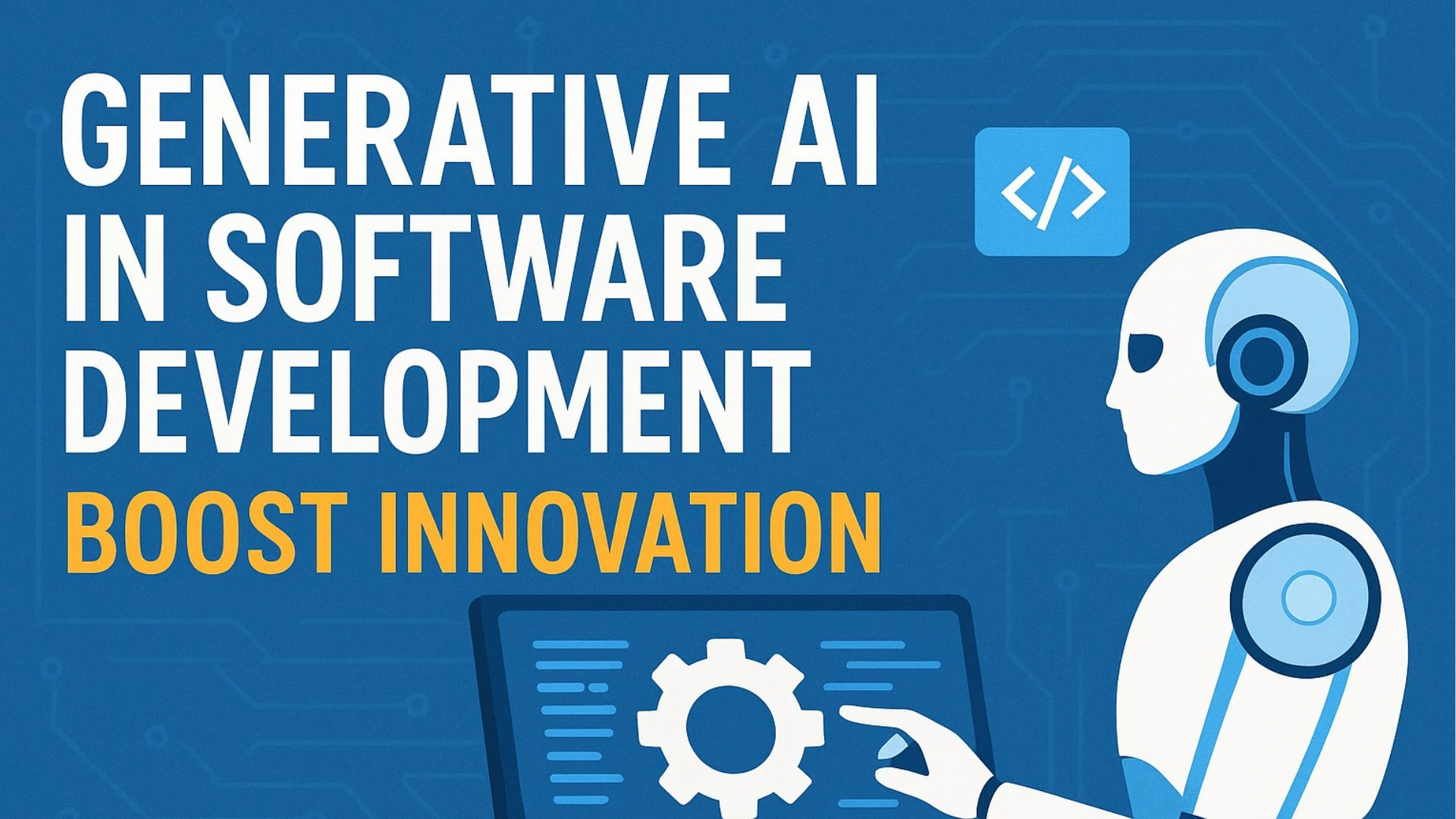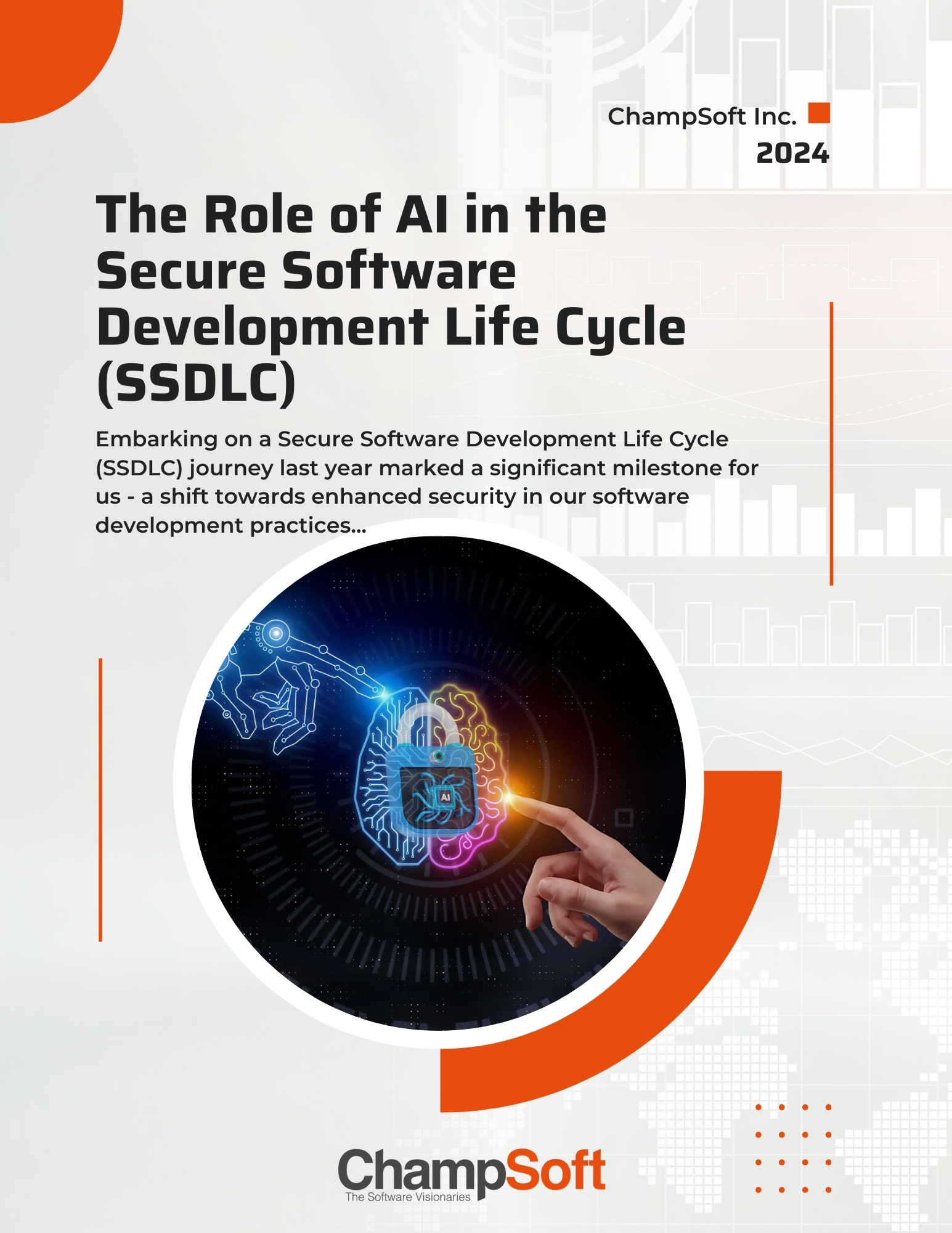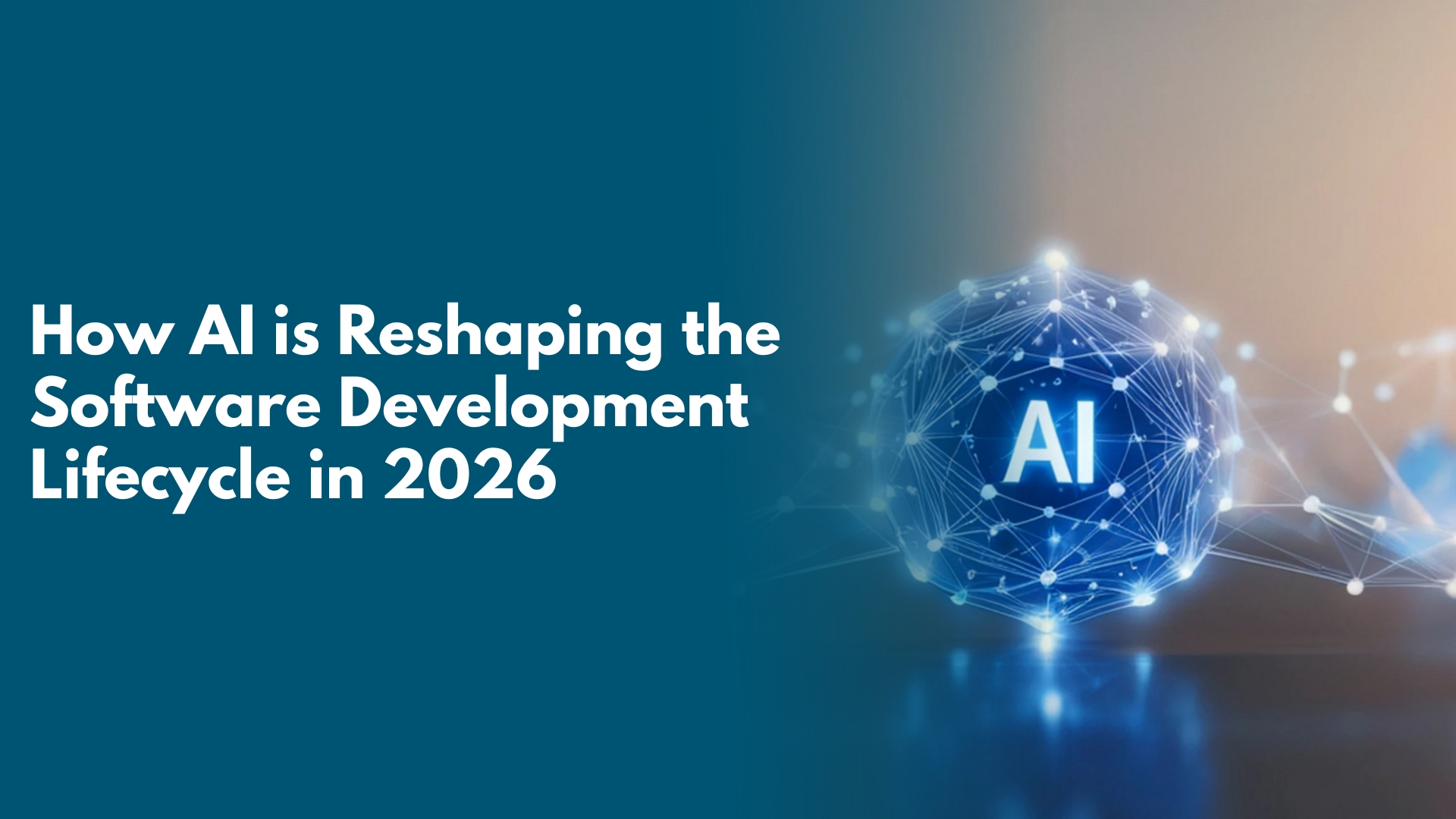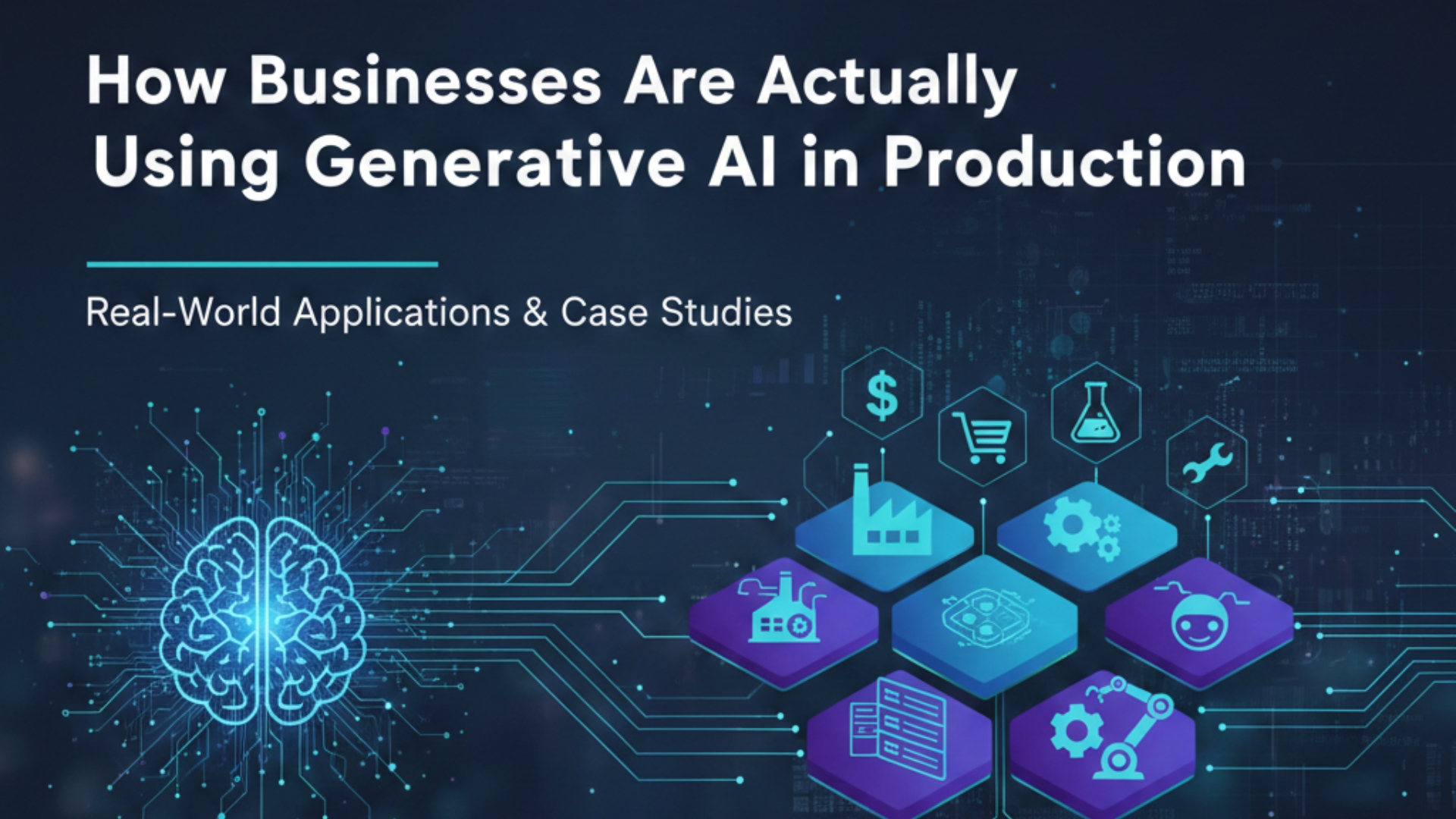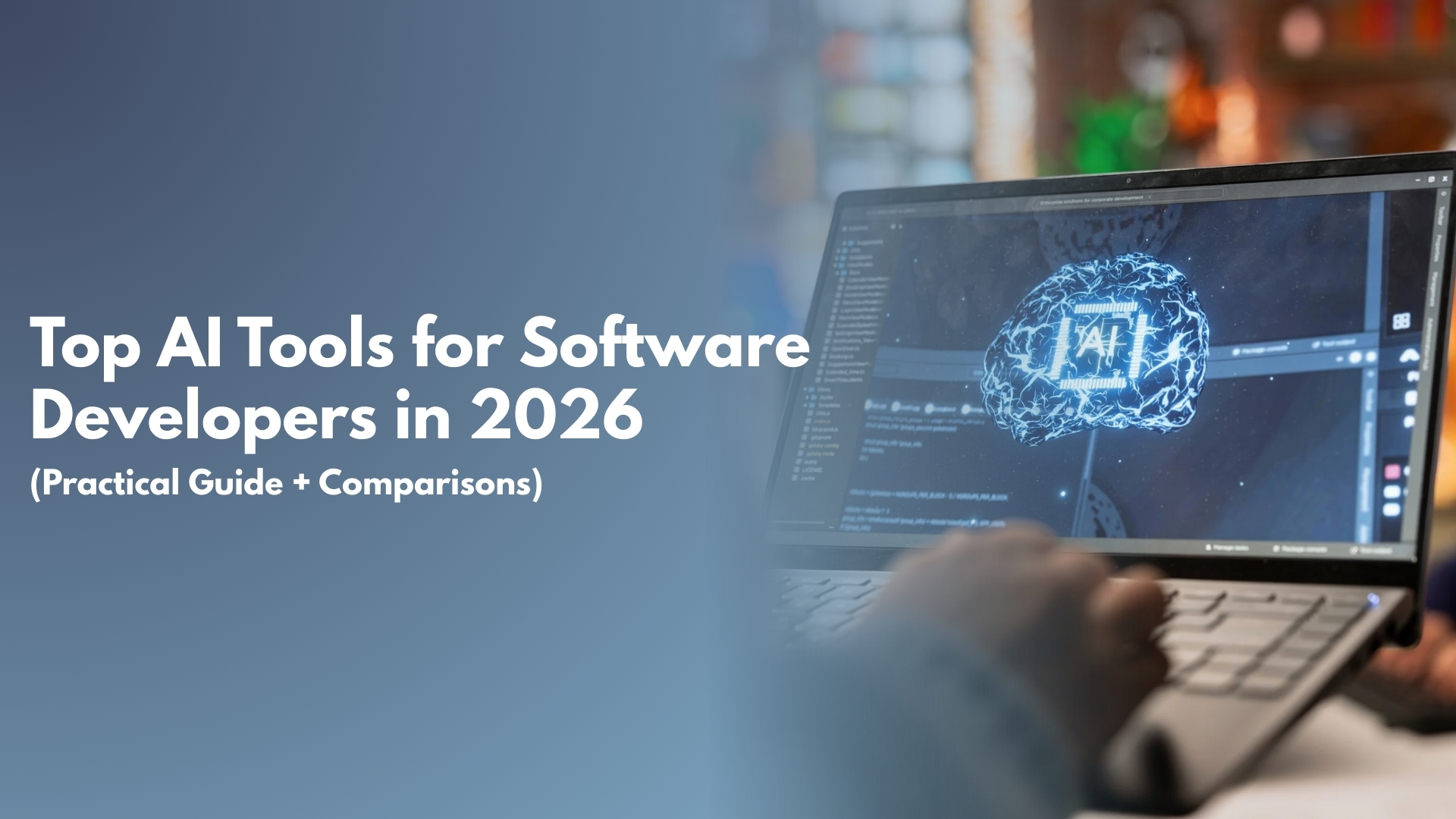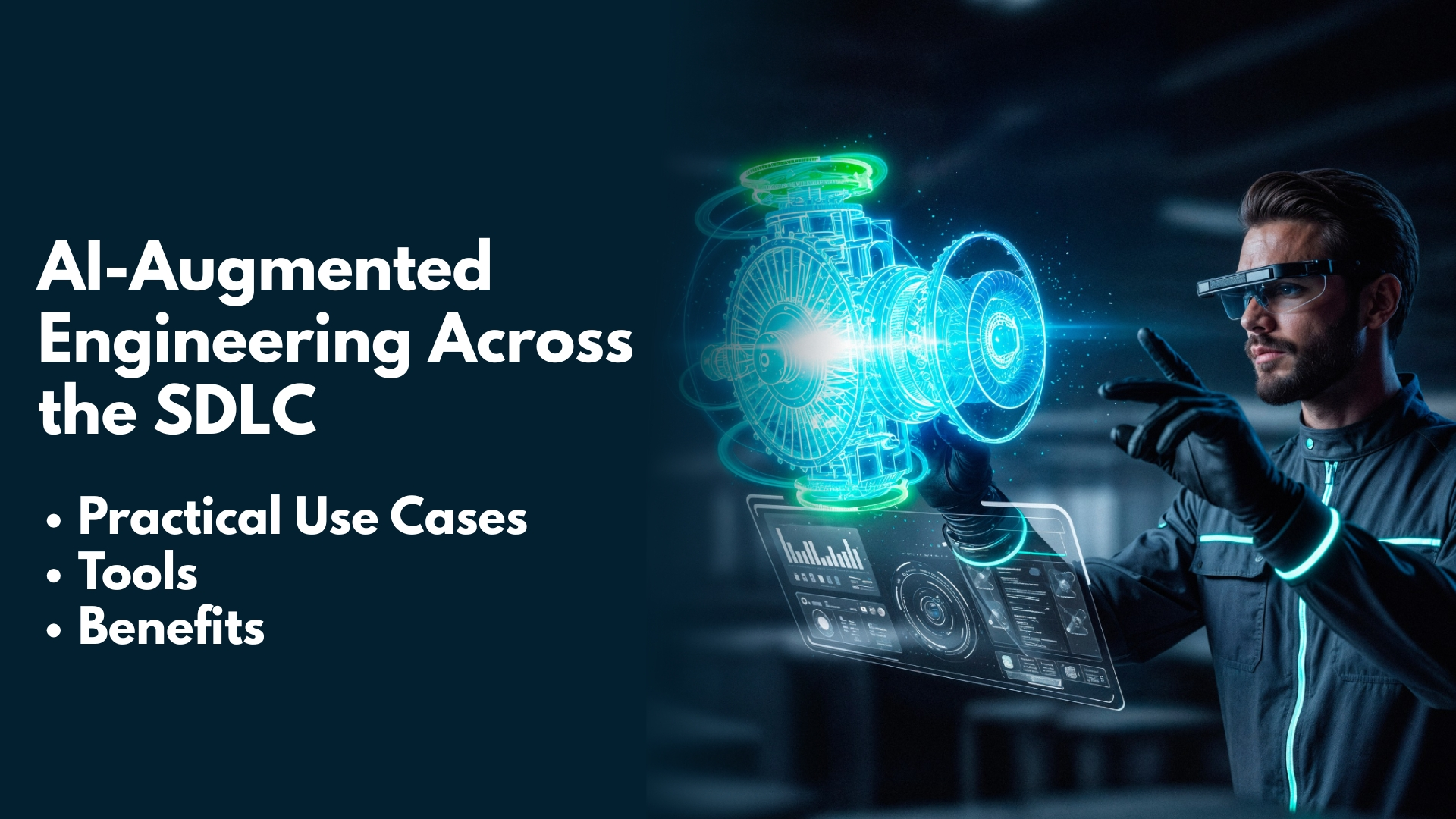Generative AI is transforming software development by automating code creation, streamlining workflows, and boosting both productivity and creativity. Today’s intelligent software tools have become vital for developers, making tasks like error detection, bug fixing, and clean code generation faster and more reliable. As a result, development cycles shorten, while the overall quality of software rises. Industries such as healthcare are seeing especially strong benefits from generative AI, leveraging advanced data analysis and personalized solutions to address complex challenges.
What Is Generative AI in Software Development?
Generative AI refers to artificial intelligence systems that generate new data—including code—from existing datasets. In software development, generative AI creates code units, models, and solutions by learning from broad patterns in previous coding projects. This intelligence enables tools to provide:
- Automatic code generation
- Error prediction and correction
- Understanding of development patterns
Developers use these features not just for automation, but also to boost creativity and efficiency. By incorporating generative AI into workflows, teams can devote more time to tackling innovative problems rather than repetitive coding tasks. Ultimately, generative AI sets the stage for advanced, adaptive software solutions.
What Benefits Does Generative AI Offer Software Developers?
Generative AI offers significant advantages that are reshaping the field:
- Increased efficiency and speed: By automating tedious coding, developers may concentrate on more imaginative work and expedite project completion dates.
- Decreased development costs: A quicker turnaround and reduced labor costs result from less manual labor.
- Improved code quality and consistency: AI programming tools suggest optimizations and ensure coding best practices, resulting in robust outputs.
AI-driven tools also detect bugs early by anticipating and correcting errors, minimizing time spent debugging and maximizing reliability. Generative coding isn’t only about faster development—it also unlocks new possibilities for intelligent software innovation tailored to shifting user needs.
Core Applications: How Is Generative AI Used in Coding?
Generative AI revolutionizes coding in several key ways:
- Automating code generation: Quickly creates new code, freeing developers from repetitive tasks.
- Creating code templates: Produces boilerplate code, accelerating the development of complex applications.
- Optimizing existing code: Analyzes current code to suggest improvements, enhancing performance and scalability.
These features allow developers to concentrate on higher-level problem-solving. Real-time coding assistance, powered by machine learning software, increases efficiency, quality, and adaptability—making generative AI a must-have in modern development environments.
How Is Generative AI Transforming Healthcare Software Development?
Healthcare stands out as a sector benefiting from generative AI in software development. Key applications include:
- Personalized treatment planning: AI analyzes patient data to tailor care regimens.
- Early disease detection: Predictive algorithms identify potential medical issues sooner.
- Resource management optimization: Intelligent software predicts resource needs, supporting operational efficiency.
Generative AI enables healthcare teams to deliver better care by combining complex data analysis with actionable predictions, improving both patient outcomes and institutional performance.
How Does Generative AI Support Software Automation and Code Generation?
When it comes to automating repetitive development chores, generative AI is essential:
- Speeds up development cycles: By quickly generating and optimizing code, teams can build and improve prototypes at a much faster rate.
- Improves code quality and consistency: Automated tools help maintain high standards, ensuring reliable software across projects.
- Increases creativity and productivity: Software automation frees developers from laborious coding duties so they may concentrate on creative ideas.
These capabilities make AI programming indispensable for any team aiming for robust, scalable software solutions.
Intelligent Software Tools and Machine Learning in Development
Modern intelligent software tools integrate machine learning software to elevate coding practices:
- Real-time coding assistance: Offers immediate suggestions and corrections.
- Pattern recognition and optimization: Software learns from previous projects to recommend best practices.
- Improved decision-making: Machine learning supports more informed choices at every development stage.
With ongoing advances in AI, machine learning integration is becoming standard—delivering unprecedented support for problem-solving and innovation.
What Are the Challenges and Considerations of Implementing Generative AI in Development?
While generative AI offers powerful advantages, there are important considerations:
- High resource requirements: AI systems need substantial computing power and data.
- Ethical and security challenges: Ensuring privacy, transparency, and reliability is essential.
- Need for trust: Developers and users must feel confident that AI technologies work as intended.
Addressing these challenges is key to maximizing the benefits of AI in software automation and innovation.
Future Trends: Where Is AI in Software Development Heading?
The future of software innovation lies in ever-evolving AI technology. Expected trends include:
- Personalized user experiences: AI adapts software to individual needs.
- Enhanced AI collaboration tools: Teamwork becomes smoother with intelligent project management.
- Intuitive user-focused insights: AI offers actionable, easy-to-understand analytics.
Developers who proactively embrace these trends will remain at the forefront of a rapidly shifting software industry.
Conclusion: Why Embrace Generative AI for Software Innovation?
To stay competitive, developers must embrace generative AI in software development. By harnessing intelligent software and machine learning, teams create smarter, more adaptive solutions that drive future innovation. Adapting to these new tools and approaches positions development groups to lead in creativity, efficiency, and functionality for years to come.
FAQ’s
What are the main benefits of generative AI in software development?
Generative AI boosts productivity, automates code generation, improves code quality, and helps detect bugs early—resulting in more efficient and reliable software.
How does generative AI enhance software development workflows?
By automating repetitive tasks and providing real-time coding assistance, generative AI enables developers to focus on creative problem-solving and accelerates development cycles.
What are the challenges of adopting generative AI?
Key challenges include ensuring sufficient computational resources, addressing ethical and security concerns, and maintaining transparency and trust in AI-driven systems.
Which industries benefit most from generative AI in software development?
Industries with complex, data-driven challenges—such as healthcare—see compelling gains thanks to generative AI’s ability to analyze data, personalize solutions, and optimize operational efficiency.

